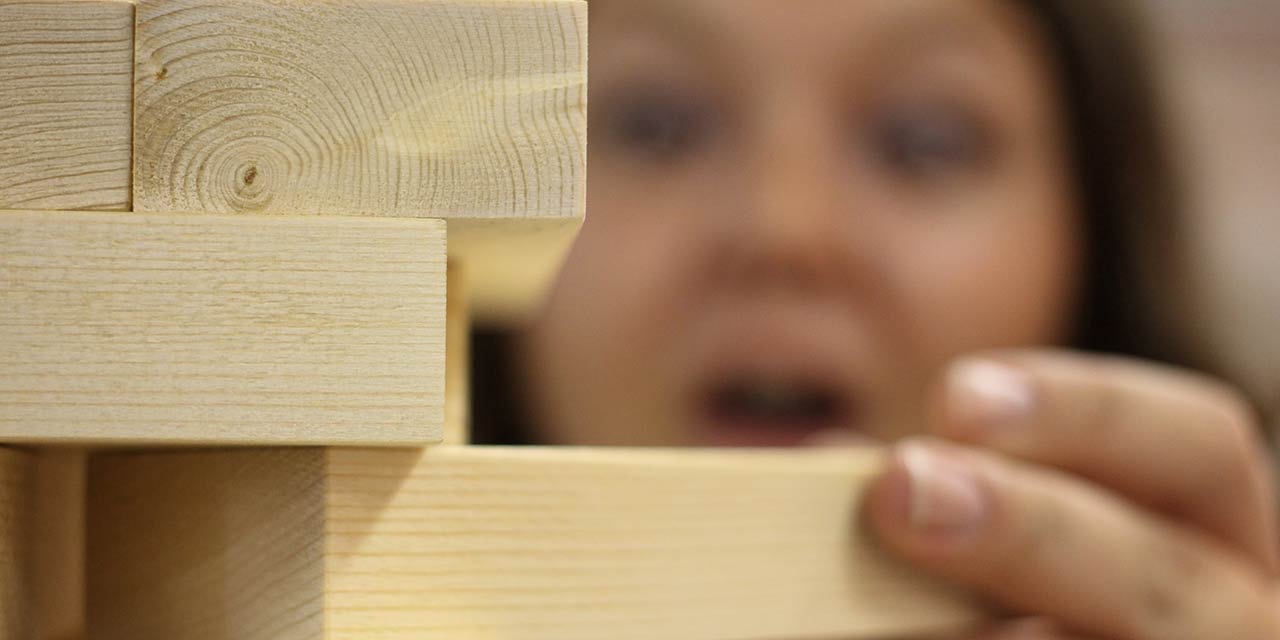In researching her book Helping Faculty Find Work-Life Balance: The Path Toward Family Friendly Institutions, Virginia Commonwealth University professor Maike Philipsen looked at work-related stress for academics at different stages of their careers. What she found: workplace stress never goes away, but the sources change.
Subscribe to Top Hat’s weekly blog recap
Get the best posts of the week delivered to your inbox:
[marketo-form id=”2454″]
1. Early Stage
The teaching is new and the colleagues are new, so young professors devote a lot of time to developing their own suite of courses and developing relationships. But the biggest early-stage stress is the tenure track: the pressure to publish, the unclear criteria and the up-or-out system—professors must achieve promotion or leave the organization—are a challenging combination, especially as they often coincide with parenting infants and toddlers, or pregnancy and childbirth.
2. Mid-Career Stage
With kids at school age, family-related stress shifts towards busy schedules (kids’ extracurricular activities and lessons) and elder care, which can be logistically and emotionally challenging. At work, with tenure (hopefully) achieved, there are still continued pressures to produce, learn new skills and find a professional development pathway matched to ambitions.
3. Late Stage
Academics at this stage are generally happy and content, having made peace with whatever form of career-life integration they’ve managed to establish for themselves. Family stress comes primarily in the form of academics’ own illnesses and ailments, while work-related stress is driven by concern about keeping abreast of technological and research developments in their field—in essence, staying on top of their game.
This is an extract from Work-Life Balance: A Handbook For Professors. Download your full copy here to find out how you can find harmony between your institution and your family.


